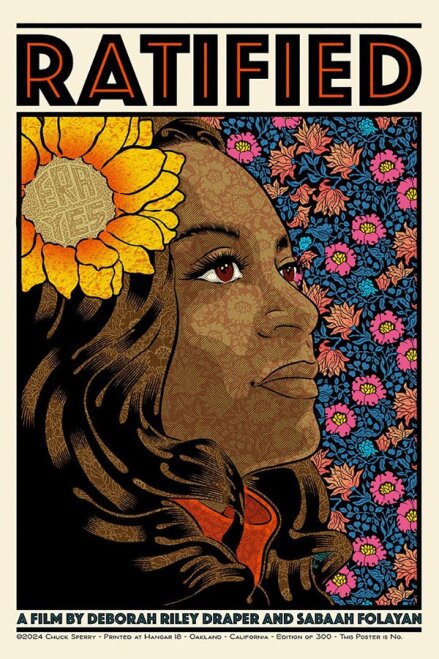Adichie argues ‘We Should All Be Feminists’
March 30, 2015
Chimamanda Ngozi Adichie’s essay “We Should All Be Feminists” is a text adaptation of her speech given at TedxEuston in 2013. The paperback adaptation of her speech was published last month in light of International Women’s Day on March 8, recognizing her reasoning behind why we should all be feminists seems appropriate.
Adichie is breeding a new generation of feminism with her work. The bestselling novelist’s previous titles, “Half of a Yellow Sun” (2006) and “Americanah” (2013) have similar themes in comparison to her new essay, focusing on Nigerian culture with an emphasis on gender inequality.
However, in Adichie’s recent essay, despite her Nigerian cultural influences and background, she manages to globalize feminism while simultaneously recognizing the impact feminism can potentially have on both sexes:
“Gender matters everywhere in the world. And I would like today to ask that we should begin to dream about and plan for a different world. A fairer world. A world of happier men and happier women who are truer to themselves,” she writes. “And this is how to start: we must raise our daughters differently. We must also raise our sons differently.”
She accurately describes the disadvantages women face, “We teach girls to shrink themselves, to make themselves smaller. We say to girls you can have ambition, but not too much. You should aim to be successful but not too successful, otherwise you could threaten the man. If you are the breadwinner in your relationship with a man, pretend that you are not, especially in public, otherwise you will emasculate him.”
This is where Adichie eloquently weaves the social disadvantages of men and women together, “But what if we question the premise itself? Why should a woman’s success be a threat to a man? What if we decide to simply dispose of that word – emasculation?”
She continues to argue, “We do a great disservice to boys in how we raise them. We stifle the humanity of boys. We define masculinity in a very narrow way. … We teach boys to be afraid of fear, of weakness, of vulnerability. We teach them to mask their true selves…” With that statement, Adichie uproots the origin of socially constructed gender inequality and asserts the idea that women are not the only ones who suffer from disadvantage.
Adichie delivers a clear and authentic version of feminism to our generation; evolved beyond the second and third waves of feminism. This new feminism is groundbreaking. Not because it recognizes and refutes gender inequality in a better way, but because it identifies the source of the problem itself. Adichie shows the origin of gender roles, prejudice, and inequality as products of society and social experiences.
“Culture does not make people. People make culture,” she says.
The power to change culture and societal standards lies in each individual and until that power is acknowledged, culture will not change. Adichie proves the relevance of feminism beyond how it has historically been defined. Feminism is not strictly a female phenomenon. With conviction and purpose, she gives concrete meaning to the abstract idea of why we should all be feminists.






























